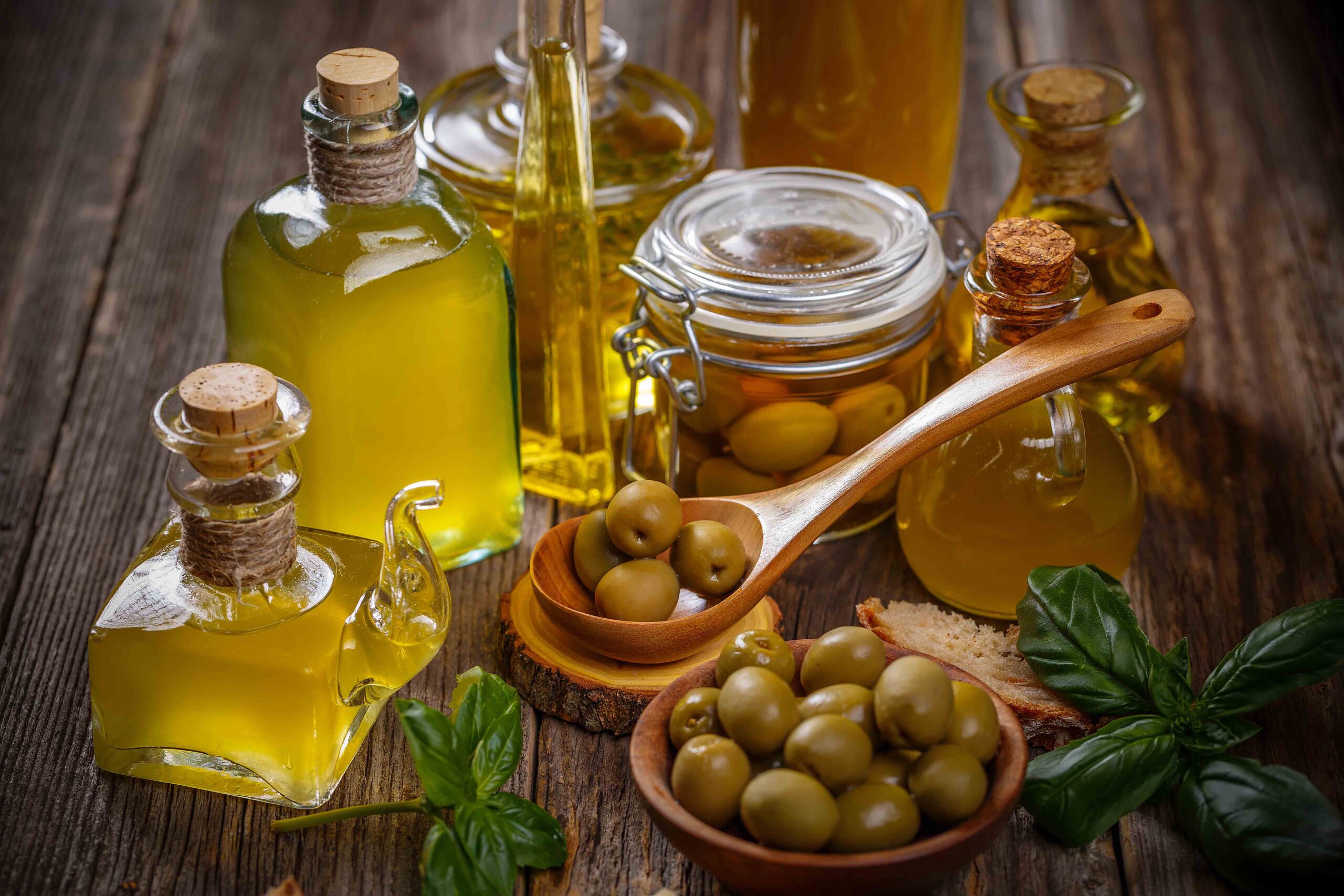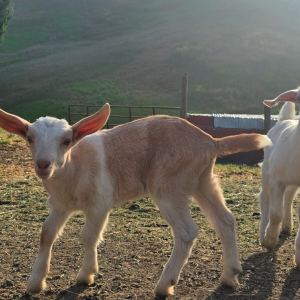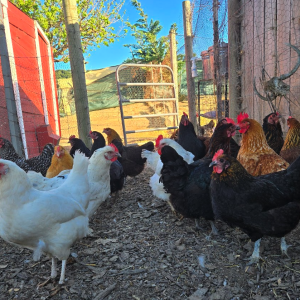For millennia, olive oil has been far more than just a cooking ingredient. It is a symbol of divinity, a marker of civilization, a vessel of tradition, and now, a frontier of science.
From the ancient groves of the Mediterranean to cutting-edge laboratories, olive oil stands at the intersection of the sacred and the scientific, the old and the new. It is revered in holy texts, celebrated in cultural rituals, and examined under microscopes for its astonishing health benefits.
To understand olive oil is to understand the story of humanity itself—one of faith, resilience, and discovery.
Olive Oil in the Biblical and Spiritual World
A Symbol of Divine Blessing
- In the Bible, olive oil is a symbol of peace, purity, and divine favor. When the floodwaters receded in Genesis, it was a dove carrying an olive branch that signified renewal and hope.
- The anointing oil of kings and priests—from David to Solomon—was infused with olive oil, making it a sacred element of consecration and divine selection.
- In Christianity, olive oil is used in sacraments such as baptism, confirmation, and last rites, marking it as a conduit between the physical and the spiritual.
- In Judaism, olive oil fueled the eternal flame in the Temple of Jerusalem, and the story of Hanukkah celebrates the miracle of a small vial of oil burning for eight days instead of one.
- In Islam, the Quran describes the olive tree as “a blessed tree” (Surah An-Nur 24:35), and Prophet Muhammad is said to have encouraged its use both for food and as a healing balm.
Oil as a Bridge Between Heaven and Earth
From the lamps in ancient temples to the Chrism oil used in sacred rituals, olive oil has always been seen as more than just a product—it is a gift from the divine, a connection between heaven and earth.
Olive Oil in Tradition: A Pillar of Civilization
The Ancient World’s Liquid Gold
- The Phoenicians, Egyptians, Greeks, and Romans all built economies around olive oil, using it for cooking, medicine, cosmetics, and religious ceremonies.
- In ancient Greece, athletes at the Olympic Games were massaged with olive oil as a symbol of strength and purity.
- The Romans taxed olive oil as a valuable commodity, establishing large-scale production methods that influenced agriculture for centuries.
- Olive oil presses from the Bronze Age have been discovered across the Mediterranean, showing its role as a pillar of commerce and daily life.
A Culinary and Cultural Treasure
- In Italy, Greece, and Spain, olive oil is the foundation of Mediterranean cuisine, enhancing everything from simple breads to elaborate seafood dishes.
- In the Middle East, it is a staple in dishes like hummus, labneh, and za’atar flatbreads, each culture infusing it with unique flavors.
- In North Africa, it is revered in Berber and Arab traditions, used in both food and traditional medicine.
The Science of Olive Oil: A Superfood in the Modern Age
Olive Oil and Longevity: The Mediterranean Diet Miracle
- Rich in monounsaturated fats: Unlike saturated fats, olive oil is composed mainly of heart-healthy monounsaturated fatty acids (MUFAs), which reduce bad cholesterol and lower the risk of heart disease.
- Powerful anti-inflammatory properties: It contains oleocanthal, a compound that acts similarly to ibuprofen, reducing inflammation and protecting against chronic diseases.
- Brain and cognitive benefits: Recent studies show that olive oil may help prevent Alzheimer’s disease, as its polyphenols protect brain cells from degeneration.
- Antioxidant powerhouse: Packed with vitamin E and polyphenols, olive oil fights oxidative stress, slowing aging and cellular damage.
- Gut microbiome support: Research shows that extra virgin olive oil (EVOO) feeds beneficial gut bacteria, improving digestion and immune function.
Revolutionary Scientific Applications
Modern researchers are now harnessing the bioactive compounds in olive oil for groundbreaking applications:
- Anti-cancer research: Oleuropein, a compound in olive leaves and oil, has shown promise in reducing tumor growth.
- Cosmetic and dermatological advances: Olive oil is now a key ingredient in skincare, anti-aging serums, and natural beauty products.
- Nanotechnology and drug delivery: Scientists are exploring olive oil-based nanoparticles for targeted drug therapies, improving bioavailability.
The Future: Can Olive Oil Bridge the Past and the Future?
Sustainability and Innovation
- AI-powered olive farming is optimizing irrigation, soil management, and harvest timing, making production more efficient and climate-resilient.
- Blockchain technology is being used to authenticate premium olive oils, protecting against fraud in global markets.
- Regenerative agriculture is ensuring that ancient olive groves continue to thrive, using sustainable methods to preserve biodiversity.
A Modern Renaissance of a Timeless Treasure
Today, as chefs, scientists, and wellness experts rediscover the miraculous properties of olive oil, it is clear that this golden elixir is far from being just a relic of the past. It is a bridge between ancient wisdom and modern science, between spirituality and medicine, between tradition and innovation.
And just as it has for thousands of years, olive oil will continue to nourish bodies, fuel economies, and connect cultures for generations to come.













